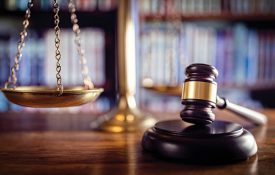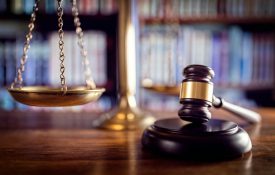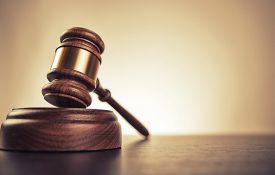-
Eyewitness Confidence Can Predict Accuracy of Identifications, Researchers Find
Many individuals have been falsely accused of a crime based, at least in part, on confident eyewitness identifications, a fact that has bred distrust of eyewitness confidence in the US legal system. But a new
-

Justice Department Turns to Psychological Science to Improve Eyewitness Testimony
The US Department of Justice (DOJ) is tapping into psychological science to develop new guidelines for eyewitness identification procedures.
-

Justice Department Turns to Psychological Science to Improve Eyewitness Identifications
The US Department of Justice draws on psychological research to identify best practices in eyewitness identification procedures.
-

Switching to Daylight Saving Time May Lead to Harsher Legal Sentences
Sentencing data shows that judges in the US tend to give defendants longer sentences the day after switching to daylight saving time compared with other days of the year.
-
Police Body Cameras Are Pointless Unless Cops Use Them Correctly
The Huffington Post: Officers involved in at least two controversial fatal police shootings this month failed to activate their body-worn cameras, leaving critical gaps in evidence that threaten to undermine the primary purpose of the devices.
-
The Problem With Slow Motion
The New York Times: Watching slow-motion footage of an event can certainly improve our judgment of what happened. But can it also impair judgment? This question arose in the 2009 murder trial of a man

